Topic: Equity
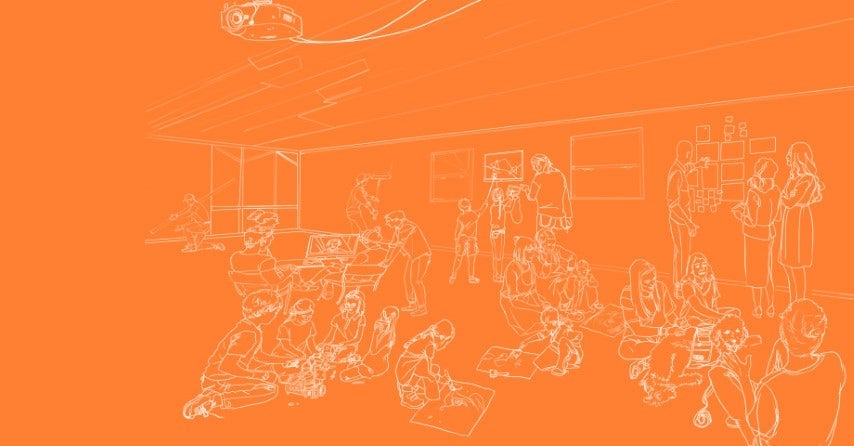
5 tips for creating an inclusive secondary school learning model
Leverage special educators’ knowledge and skills to increase the effectiveness of educator teams.
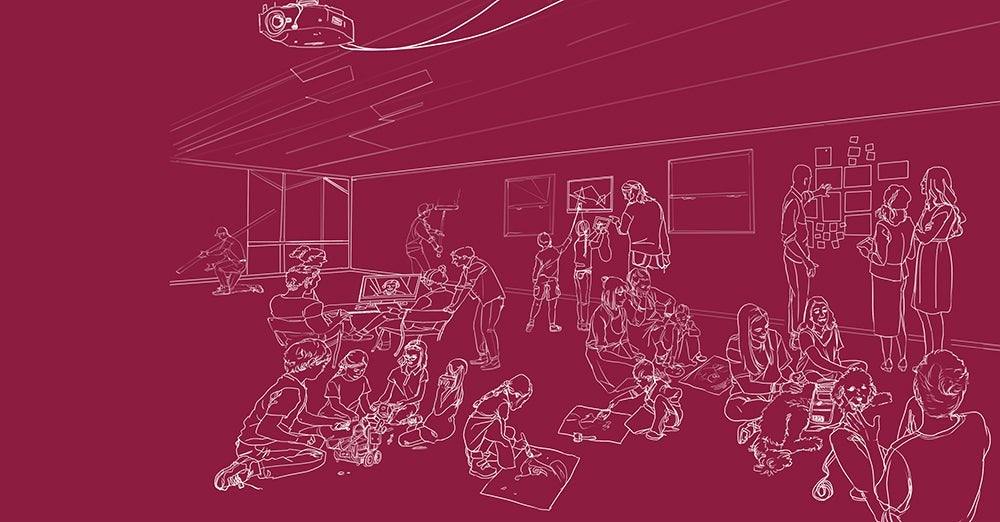
Educational legacies: Reflecting on and sharing the personal connections you make between race, class and education
In this activity, you will reflect on the connections you make between race, class and education; share those connections with your team; and listen as team members share. This activity is an opportunity to gain an understanding of each other’s lived experiences and build empathy and trust.

Reflecting on social identity: Examining and sharing about group belonging
In this activity, you will create and share with your educator team a visual representing your social identity. Social identity is the story others tell about you and where you fit into society or the groups to which you belong (e.g., your race, ethnicity, gender identity).

Reflecting on personal identity: Examining and sharing what makes you unique
In this activity, you will create and share with your educator team a visual representing your personal identity. Personal identity is the story you tell about yourself that creates your self-concept and makes you unique (e.g., your skills, your hobbies, adjectives that describe you).

Educator team constructivist listening protocol: Reflecting, releasing emotion and constructing new meaning
In this activity, you will engage in an adaptation of the National Equity Project’s constructivist listening protocol. Together, with one or more members of your educator team, you will practice deep listening and construct new meaning about your identity and your lived experiences.

Identifying your equity imperative: Naming what you stand for and why
In this activity, you will reflect on a possible definition of equity, identify your equity imperative and share with your educator team. An equity imperative is a call to action representing an urgent and deeply felt need to address inequity. An equity imperative empowers you to answer the question, “What do I stand for and why?”
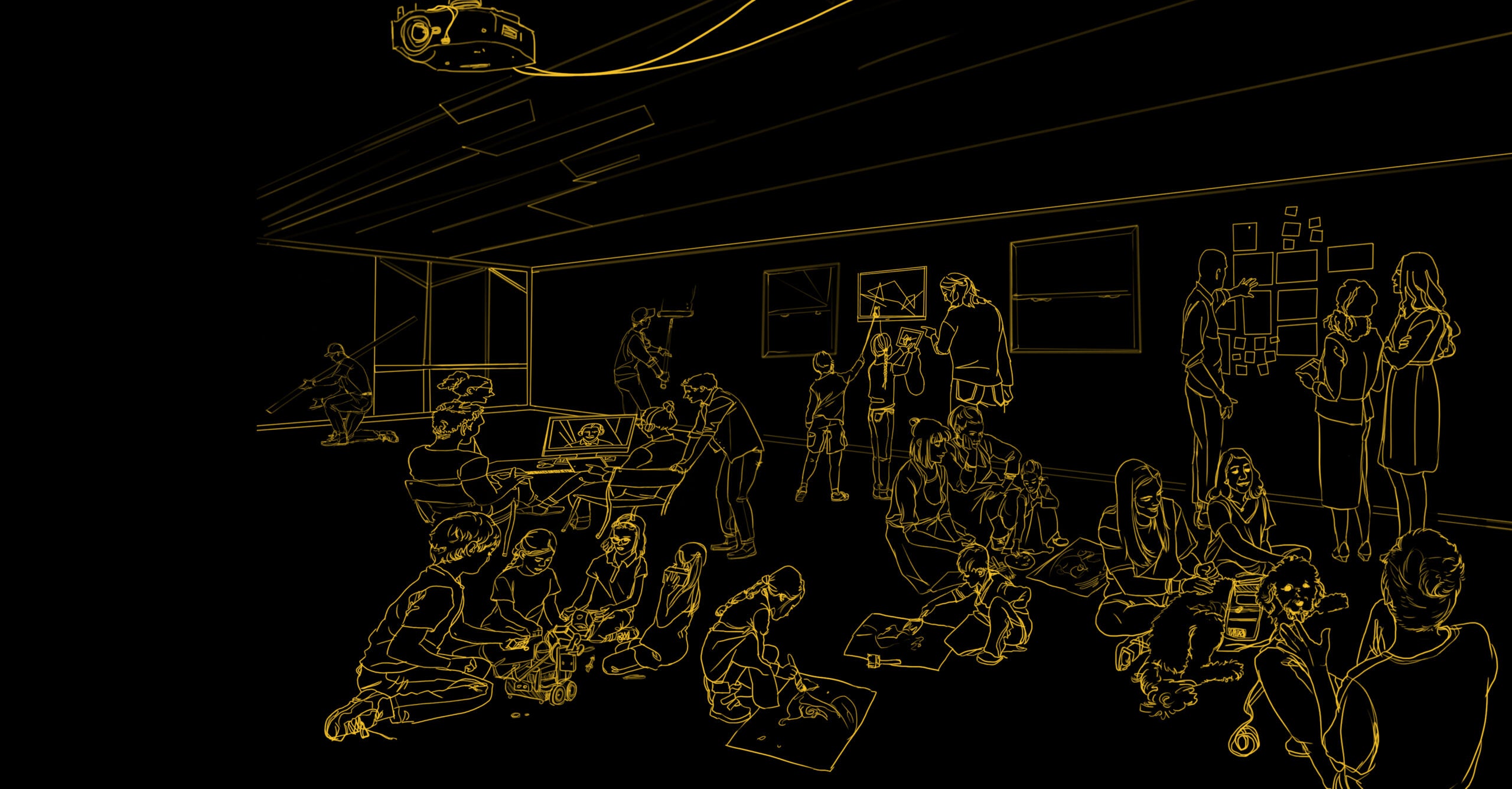
SPARK School educators work as a team
This clip features four educators from SPARK School. In it, they describe the impact of teaming with distributed expertise on both educators and students.
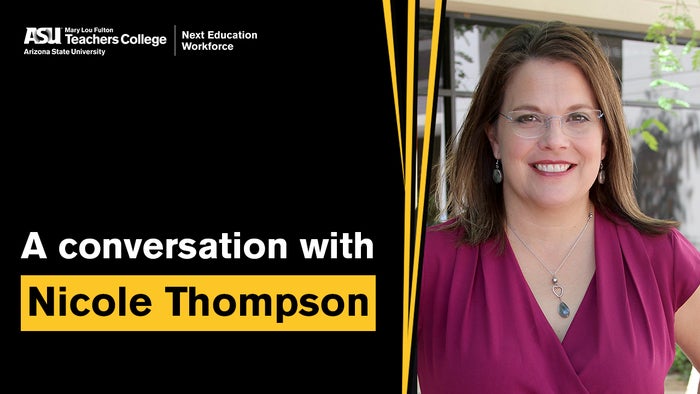
Dr. Nicole Thompson, Division Director of Teacher Preparation at Mary Lou Fulton College for Teaching and Learning Innovation
Brent Maddin talks with Dr. Nicole Thompson, Division Director of Teacher Preparation at Mary Lou Fulton College for Teaching and Learning Innovation, about equity, paid teacher candidate residency models, and Principled Innovation.
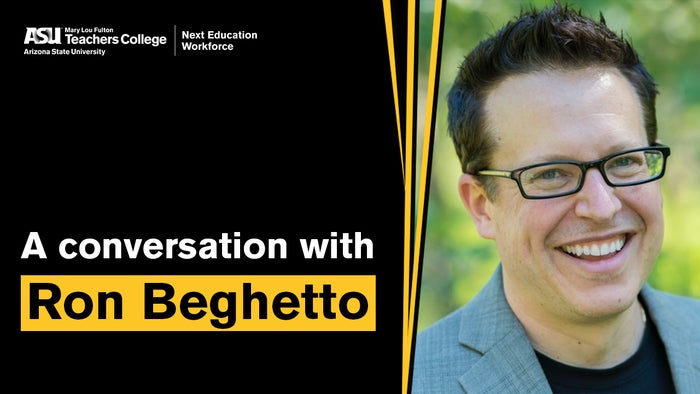
Ron Beghetto: Against technological macaroni art
Brent Maddin talks with Ron Beghetto, Professor and Pinnacle West Presidential Chair at ASU’s Mary Lou Fulton College for Teaching and Learning Innovation, about creativity, beautiful risks, and how we can improve education for all learners.